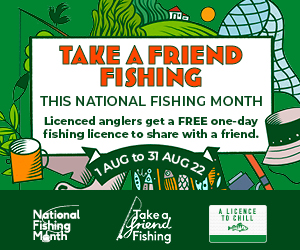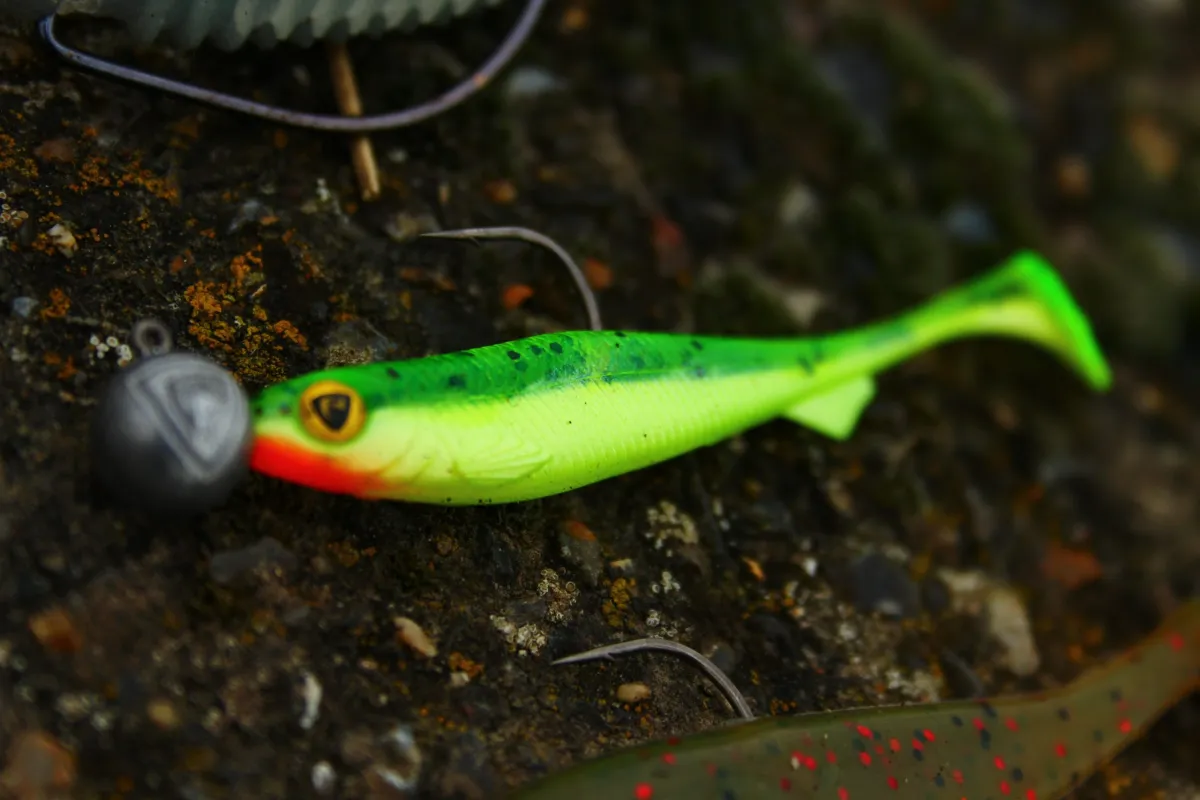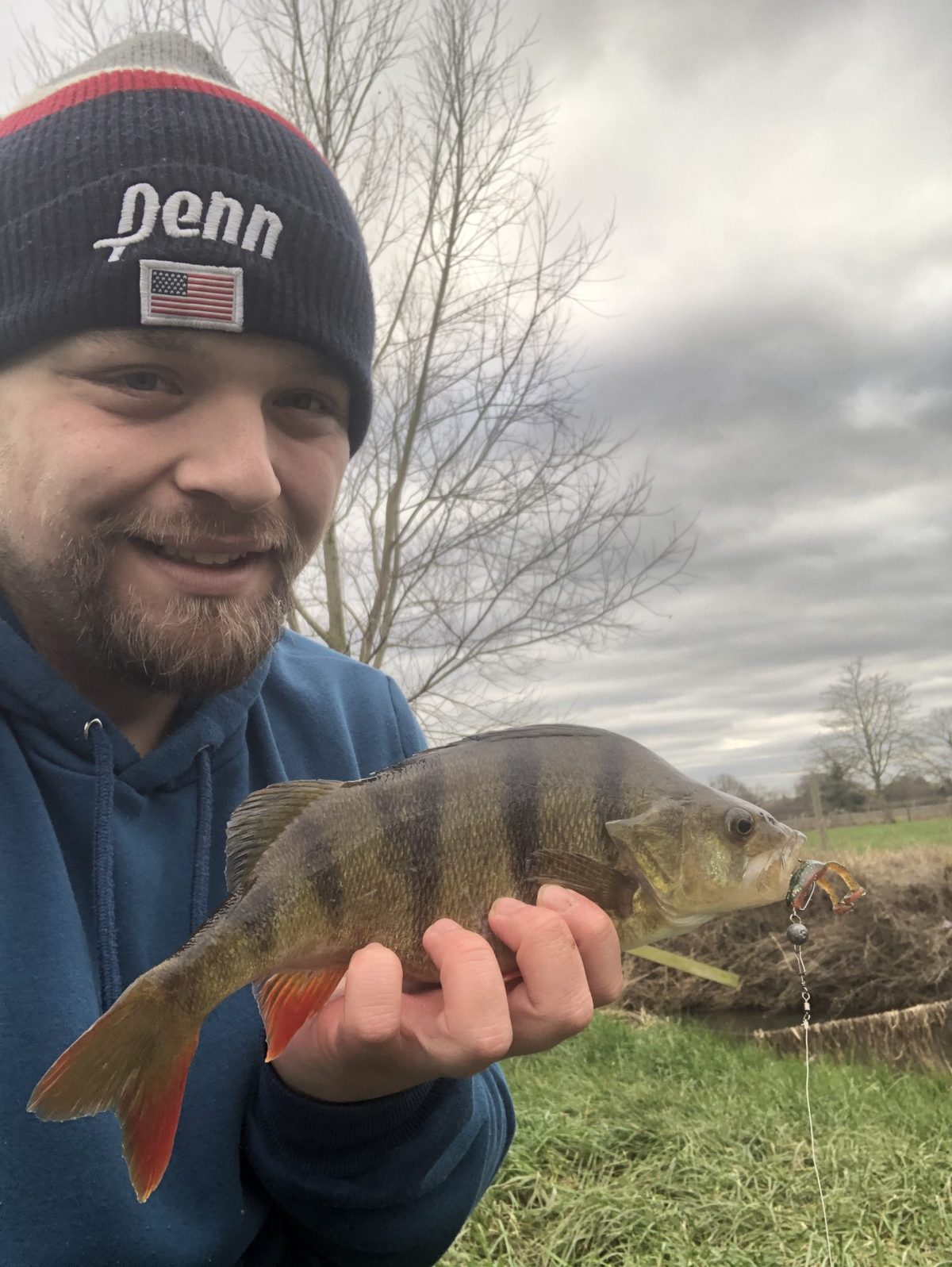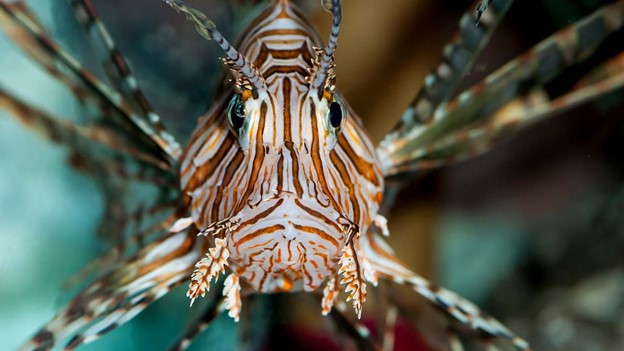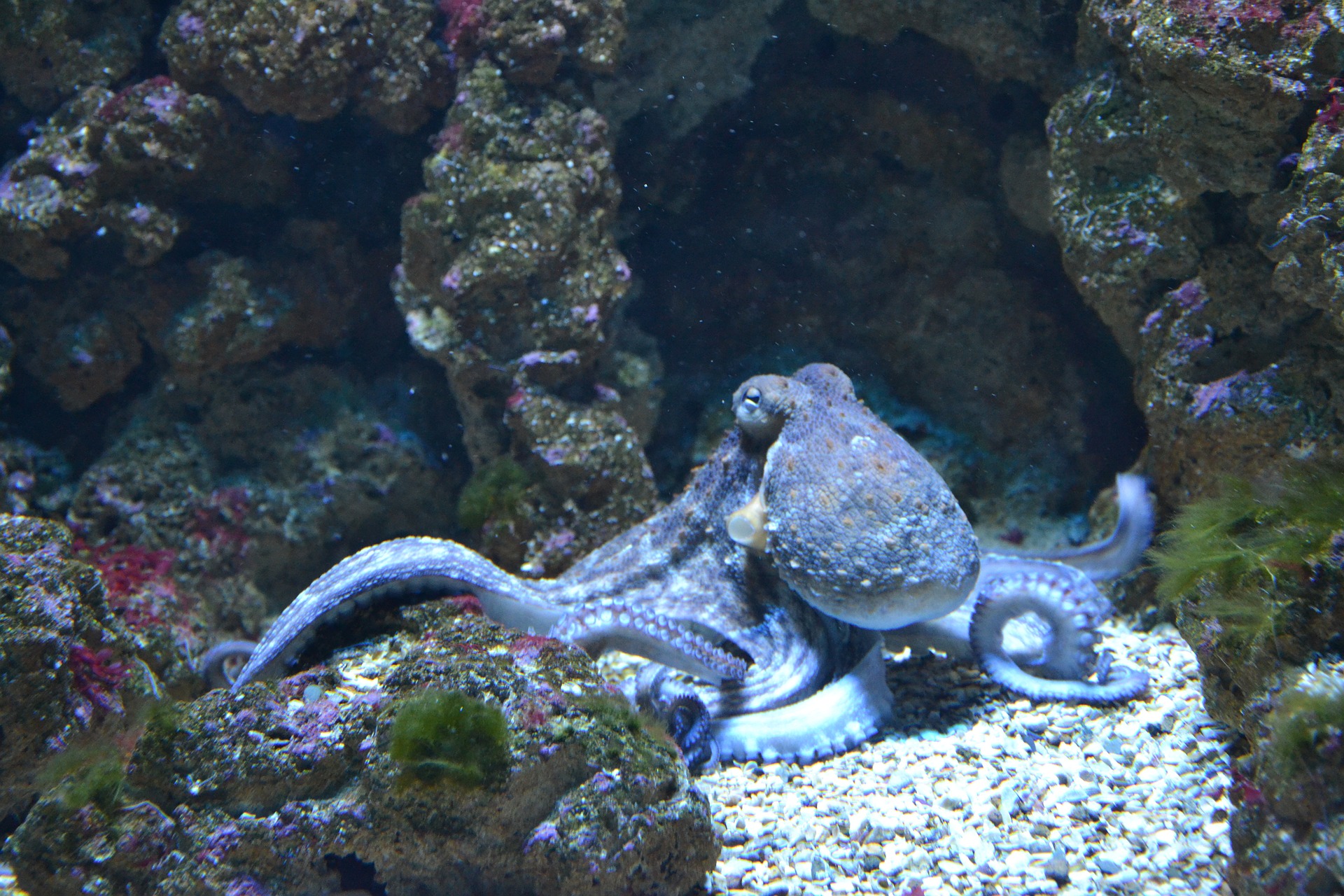
A group of Conservative MPs has stated that octopuses and lobsters must be included in the animal sentence bill
A group of Conservative MPs has recently argued that octopuses and lobsters should be included in the law to protect the animals.
The group states that some invertebrates, lobsters, and octopuses have feelings and should be protected.
The Animal Welfare (Sentience) Bill recognizes that animals have feelings, and they feel pain and suffering just like we do.
However, animals such as lobsters and octopuses are not currently present in the bill. The reason being that lobsters and octopuses are invertebrates and their bodies are different than ours. So, they cannot have complex feelings like pain and suffering.
The influential Conservative Animal Welfare Foundation (CAWF) that has Carrie Johnson and Lord Goldsmith, the environment minister as patrons, has recently had meetings with the government to acknowledge the sentience of invertebrates.
The bill currently acknowledges that fish and other vertebrates feel pain and must be protected. It is in the early debate stages in the House of Lords. If the bill is passed, then cephalopods and crustaceans will also be protected from cruelty.
A new report by the CAWF has revealed that the UK fishing fleet captures over 420 million cephalopods and crustaceans every year. It is a staggering amount that equals a whopping 73,600 tonnes of crustaceans and 12,100 tonnes of cephalopods.
The report proves the intelligence of the invertebrates through scientific studies.
The report has the backing of MPs including Sir Roger Gale and Sir David Amess. They state that the invertebrates are not in the legislation because their “neurological architecture differs from our own.”
According to some MPs, lobsters and octopuses are not just seafood; they are highly intelligent creatures. Read the complete article to learn more about this!
The report, backed by MPs including Sir David Amess and Sir Roger Gale, argues that these animals are discriminated against in legislation because their “neurological architecture differs from our own”.
It concludes: “Common arguments against crustacean and cephalopod sentience focus on distinctions between these animals’ anatomy and human anatomy (such as that they process information outside the brain, e.g. in ganglions). However, this anthropocentric view fails to capture what it means for an animal to be sentient.
“Crustaceans and cephalopods undoubtedly experience the world in extremely different ways to ourselves. What matters, though, is whether that experience entails conscious experience of pleasure and pain. We believe that the evidence is sufficient to show that these animals do experience pleasure and pain.”
Lorraine Platt, founder of CAWF, said: “All but a very small minority of scientists agree these are sentient animals capable of pain and suffering. It’s very important they are kept in the animal sentience bill. My Octopus Teacher is a very moving film about a female octopus, about how clever she is, how she can avoid predators, sharks, on a daily basis. If I feel this way I am sure many others feel the same way.
“Why are they excluded? I am sure there are concerns from industry because it throws light on how these animals are killed, stored, transported. This quantifies why they should be included in the bill. We are talking about millions of animals here. They are afforded protections in Norway, Sweden and Austria but not here.”
Author: Helena Horton
The complete article is available for reading on the following link:







